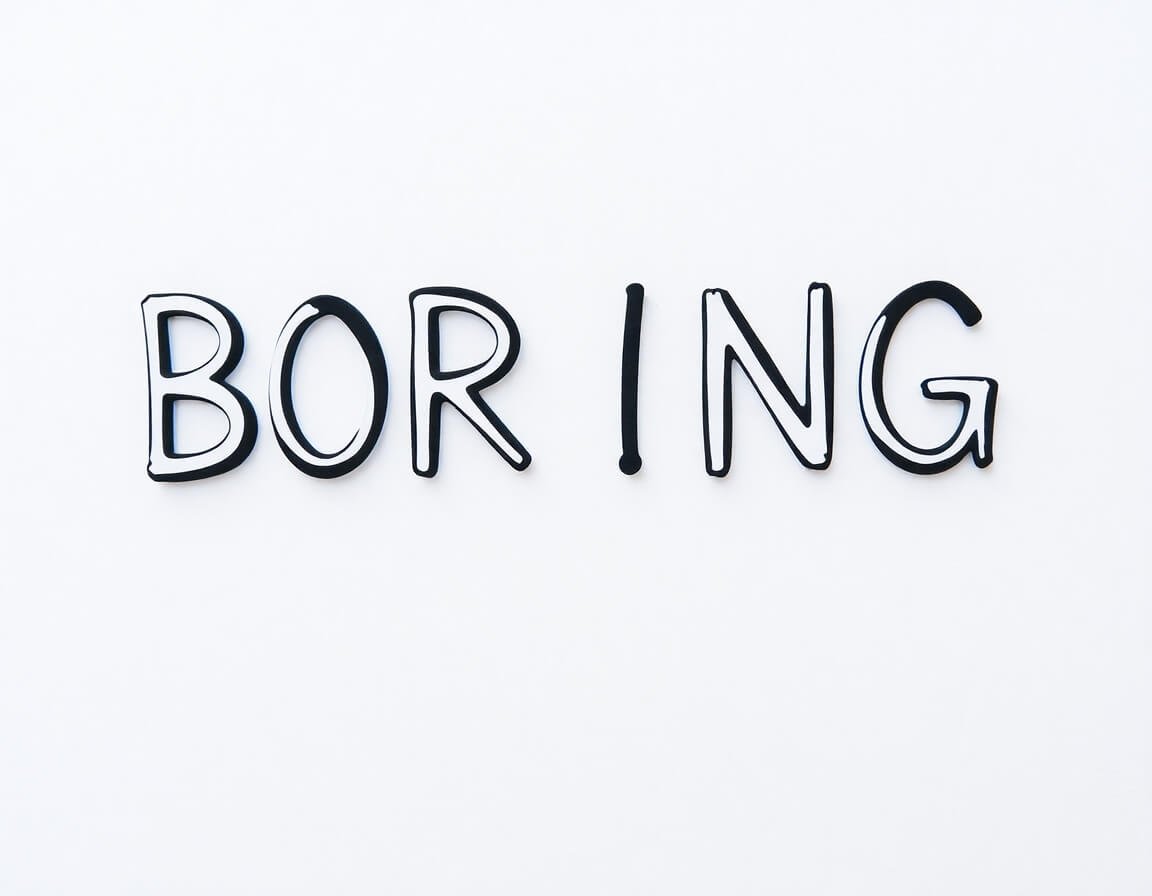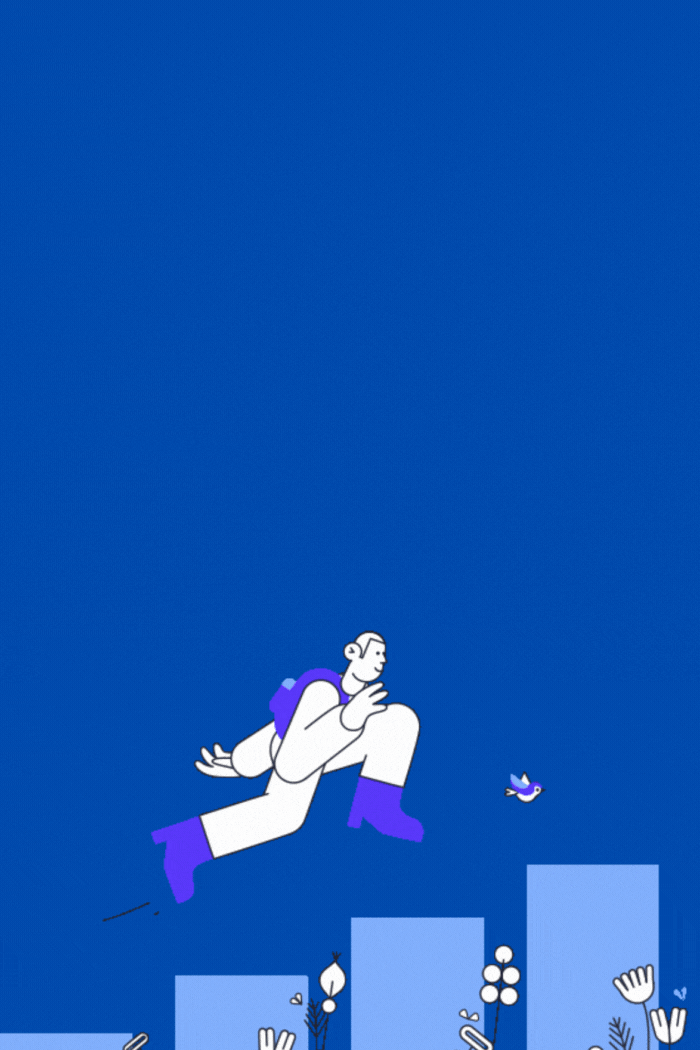In the English language, we often find ourselves repeating the exact words over and over. One such word that frequently crops up is dull. Whether in casual conversations, formal writing, or even in creative expressions, the word boring can sometimes feel overused and lacklustre. Fortunately, the English language offers various alternatives to help you diversify your vocabulary and add depth to your communication. This article will explore a wide range of dull synonyms, providing a fresh arsenal of words to use in your writing and speech.
- Understanding the Meaning of “Boring”
Before we dive into its synonyms, let’s first understand the word boring in its most basic form. Boring is an adjective that describes something that lacks excitement, interest, or variety. It can refer to dull conversations, monotonous tasks, uninteresting books, or tedious events. Anything that causes you to lose focus or becomes repetitive can be described as boring.
- Why Use a Synonym for “Boring”?
While boring is a perfectly valid word, it can sometimes feel unexcited, especially in formal writing or creative expression. By using synonyms for boring, you can:
- Enhance your writing: Using various words to describe dullness or monotony adds depth and texture to your writing.
- Maintain engagement: Repeating the same word can make your writing feel redundant. Fresh synonyms can hold the reader’s attention and keep the text dynamic.
- Express specific shades of meaning: Not all boring things are boring in the same way. Different synonyms can convey slight nuances, such as whether something is repetitive, tiresome, or just plain uninspiring.
- Top 20 Boring Synonyms to Spice Up Your Vocabulary
Let’s explore exciting, dull synonyms that can replace this overused term in different contexts. We’ll break them down by their most common usage scenarios:
- Dull
Dull is one of the most widely accepted synonyms for boring. It refers to something lacking excitement or stimulation, whether you’re describing a dull conversation, a bland movie, or a tedious task.
Example: The presentation was so dull that I could hardly keep my eyes open.
- Monotonous
Monotonous conveys a sense of repetitiveness or a lack of variation. It often refers to activities or sounds that are constant and unchanging.
Example: The monotonous hum of the machine made it difficult to concentrate.
- Tedious
Tedious refers to something long, drawn out, and tiresome. It is often used to describe tasks that require a lot of effort but offer little to no excitement or reward.
Example: The process of filing paperwork was incredibly tedious, and felt like it would never end.
- Bland
Bland refers to something that lacks strong character or flavour. It’s often used to describe things too plain or unremarkable to hold one’s attention.
Example: The soup was bland, with little seasoning or flavour.
- Humdrum
Humdrum is a great synonym for boring, emphasizing the monotony of a situation. It evokes a sense of routine or predictability, making it perfect for describing everyday tasks that feel repetitive.
Example: My job’s humdrum nature has made me feel unmotivated and uninspired.
- Insipid
Insipid is a slightly more formal synonym for boring, often used in literary or academic contexts. It refers to something lacking flavour, excitement, or energy.
Example: I couldn’t pass the first chapter because the novel was so insipid.
- Uninspiring
Uninspiring is a direct way to describe something that fails to evoke interest, motivation, or enthusiasm. It’s often used in creative fields like art, writing, and design.
Example: The artist’s work was uninspiring, leaving the audience disconnected and uninterested.
- Lifeless
Lifeless can refer to something that seems devoid of energy or vitality. This term applies when describing physical objects and abstract concepts like conversations or events.
Example: The lifeless atmosphere at the party made it feel like no one was enjoying themselves.
- Flat
Flat describes something that is lacking in depth, excitement, or variation. It can refer to a flat performance, a flat plot, or even a flat personality.
Example: Her performance was flat, and the audience seemed uninterested throughout the show.

- Stale
Stale refers to something that has lost its freshness or appeal over time. It’s perfect for describing ideas, conversations, or food that have grown old and uninteresting.
Example: The jokes were so stale that no one laughed, and the crowd grew impatient.
- Dry
Dry can describe something that lacks excitement, emotion, or engagement. It’s commonly used to refer to uninspired writing, humor, or presentations.
Example: The speaker’s dry tone made the entire lecture feel like a chore.
- Repetitive
Repetitive highlights the idea of redundancy. This synonym works well when describing activities or tasks that involve repeating the same actions without introducing anything new or interesting.
Example: The repetitive assembly line work soon made it feel monotonous.
- Prosaic
Prosaic refers to something ordinary or dull. It is often used to describe writing, ideas, or language that lacks creativity or flair.
Example: His prosaic writing style made staying interested in the story hard.
- Unremarkable
Unremarkable describes something that does not stand out or fails to capture attention. It’s ideal for situations where something is so average that it’s forgettable.
Example: The movie was unremarkable, and I couldn’t recall any details after a week.
- Languid
Languid conveys a sense of sluggishness or a lack of vitality. It’s beneficial when describing slow, boring activities or events that drag on.
Example: The languid pace of the afternoon made it hard to stay focused on the task at hand.
- Lackluster
Lackluster is often used to describe dull performances, presentations, or efforts that fail to impress. It indicates that something falls short of expectations.
Example: The team’s lacklustre performance in the championship game disappointed the fans.
- Monochrome
Monochrome refers to something that lacks variety, colour, or excitement. It’s particularly apt for describing visual works or experiences that feel one-dimensional.
Example: The monochrome decor of the office left the space feeling drab and uninspiring.
- Tiresome
Tiresome refers to something that induces fatigue or boredom because it is long, dull, or repetitive. It emphasizes the exhaustion that comes from dealing with a boring situation.
Example: The tiresome task of cleaning the entire house seemed never-ending.
- Uninteresting
As the opposite of engaging, uninteresting directly describes anything that fails to capture your attention or imagination.
Example: The book was uninteresting from the first page, and I couldn’t finish it.
- Wearisome
Wearisome causes fatigue or exhaustion due to its lack of excitement or challenge. It’s ideal for describing tasks or activities that seem endlessly dull.
Example: The wearisome nature of the project made everyone wish for a break.
- Choosing the Right Synonym for the Context
While the above synonyms are valid alternatives to dull, each word carries its nuance. When choosing a synonym, consider the context in which you are using it:
- Words like monotonous, repetitive, or tedious are most fitting for repetitive tasks or situations.
- Dull, insipid, or flat terms might be more appropriate for a lack of excitement or vitality.
- Wearisome, tiresome, and languid work well for something that induces fatigue.
- Bland, unremarkable, or prosaic are excellent choices for something unremarkable or lacking character.
- The Importance of Expanding Your Vocabulary
Using a variety of dull synonyms can make your writing or speaking more engaging and precise. Language is about communication; the more varied your vocabulary, the better equipped you’ll be to express your thoughts clearly and effectively. In both professional and personal contexts, showing linguistic versatility can help you convey exactly what you mean, whether writing an academic paper, crafting a novel, or participating in a casual conversation.
- Conclusion
Incorporating a wider range of dull synonyms into your vocabulary will elevate your communication and provide you with a deeper understanding of the many shades of meaning that describe monotony and dullness. With these 20 synonyms at your disposal, you’ll never be stuck in a rut when describing a boring situation again. So, next time you find yourself thinking about using the word *boring,
you may also read:Cool Names: How to Choose Unique and Memorable Names for Any Purpose
